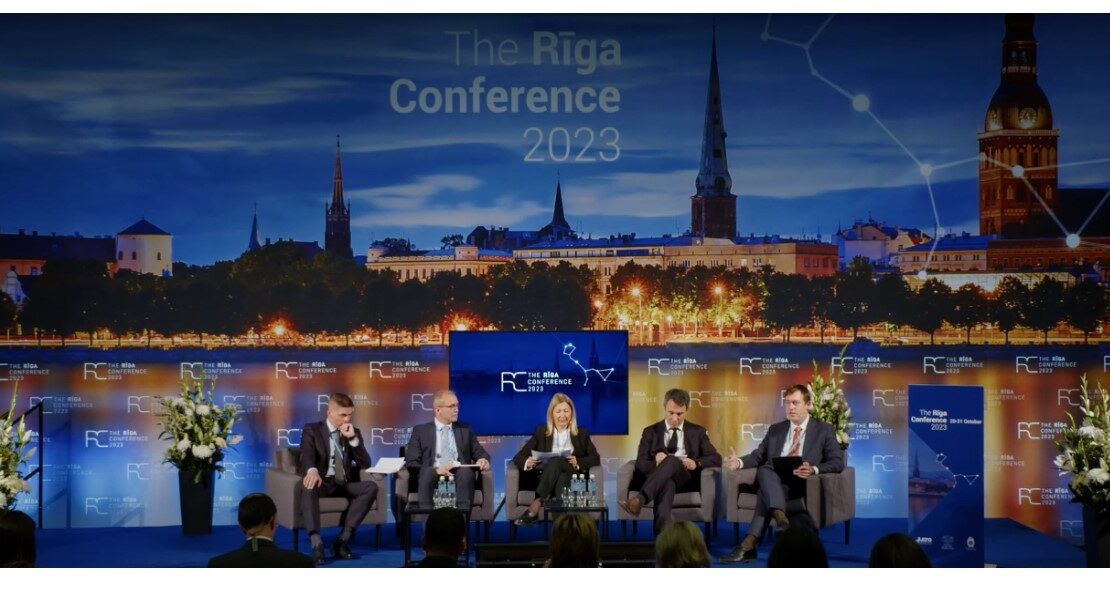The brutal Russian war in Ukraine has caused tectonic change in political direction and spearheaded a boost in European defence capabilities. This has included industrial restructuring, a rapid surge in technological progress, and a rapid shift towards collaborative efforts between government and the private sector in the defence industry. However, it has exposed the limited capacity of domestic industry to deliver the necessary equipment in time. It has also led to the rethinking of national ambitions and the role of the EU and NATO, and the creation of new formats of cooperation. The Russo-Ukrainian war has created a need for both conventional weaponry stocks and the integration of new technologies, which requires the proactive involvement of the private sector. European military industries are a point where nations’s political ambitions and real manufacturing capacity meet. There needs to be a change in the culture of cooperation with SMEs, and much faster introduction and integration of innovations into our defence forces.
Camille Grand, Distinguished Policy Fellow at the European Council on Foreign Relations
Tobias Winkler, Member of the German Bundestag
Natalia Pouzyreff, Member of the Defence Committee of the National Assembly of France
Kaspars Pollaks, Head of Business Defence & Public Safety at LMT
Moderator: Michal Baranowski, East & Regional Director at the German Marshal Fund

